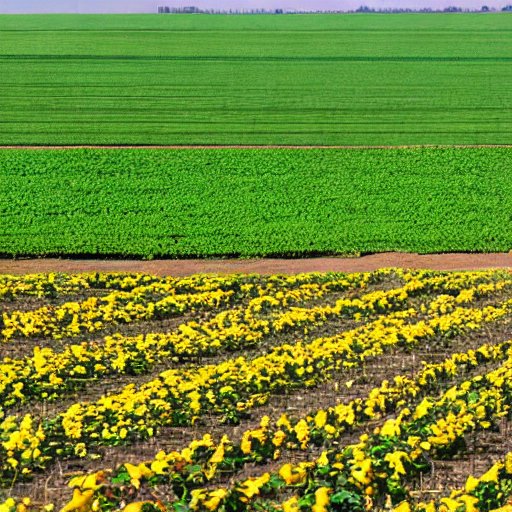
The Frontier of Agrochemical and Biotechnology Solutions
Date: June 15, 2023Agriculture is a cornerstone of human civilization, providing sustenance and nourishment for our growing population. Over the years, advancements in science and technology have revolutionized the agricultural landscape, paving the way for increased productivity, sustainability, and efficiency. Agrochemicals and biotechnology solutions have emerged as powerful tools in this endeavor, offering innovative approaches to enhance crop yields, protect plants from pests and diseases, and improve overall agricultural practices.
In this post, we will embark on a journey to explore the vast spectrum of agrochemical and biotechnology solutions available today. From biostimulants that invigorate plant growth to seed treatments and microbial interventions that bolster soil health, we will delve into the diverse range of options at the disposal of modern farmers and agricultural enthusiasts. We will also uncover the remarkable world of synthetic biology and cell programming, unravel the secrets of nitrogen fixation, and touch upon emerging solutions that are shaping the future of agriculture.
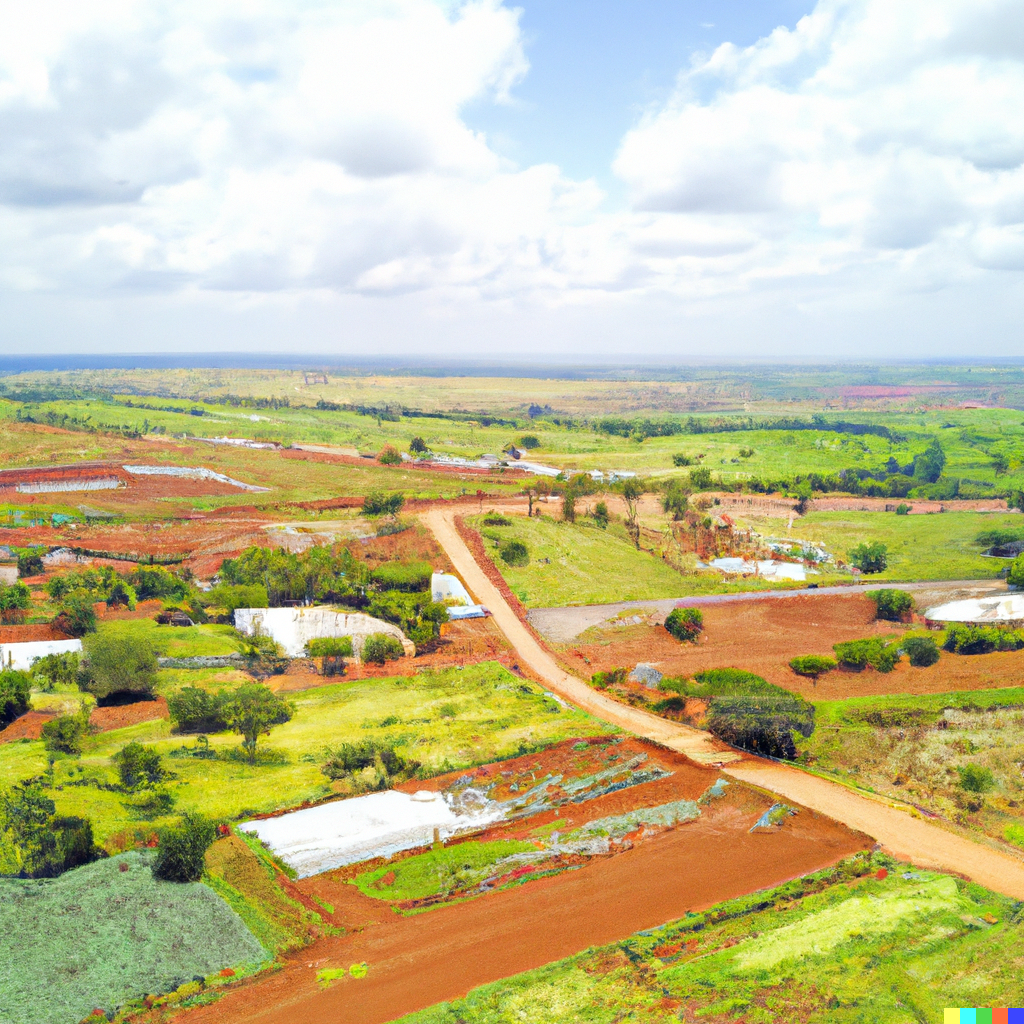
The Environmental Benefits of Agricultural Robotics in Africa
Date: Mar 12, 2023Agricultural robotics is an emerging technology in Africa, with some countries seeing increased adoption in recent years, with farmers and agricultural businesses looking to improve efficiency, increase yields, and reduce labor costs. However, one of the most significant benefits of agricultural robotics that is often overlooked is its positive impact on the environment. In this blog post, we will discuss how agricultural robotics can benefit the environment in Africa.
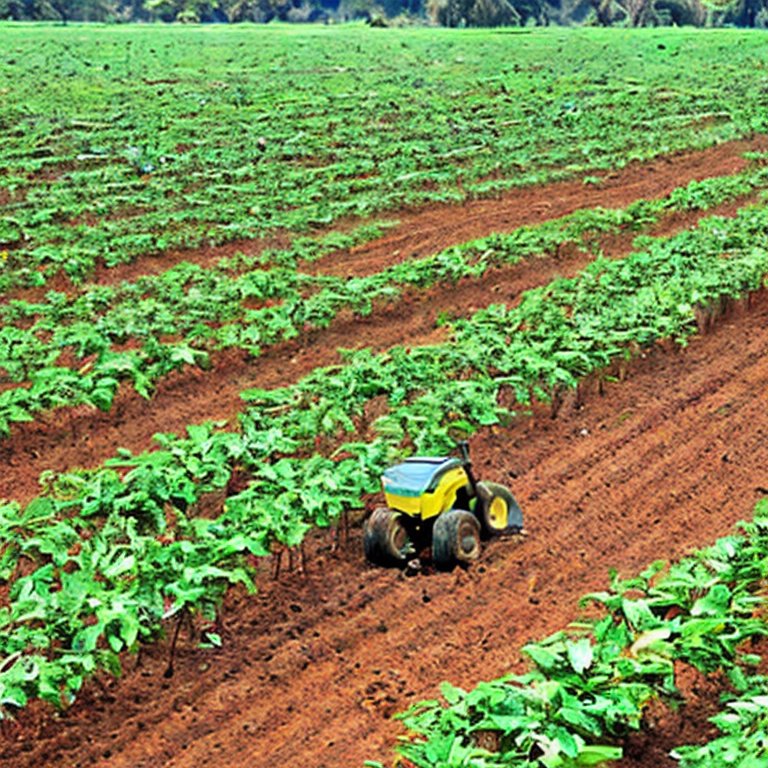
Overcoming the Challenges of Smallholder Farming in Africa with Robotics
Date: Feb 12, 2023Smallholder farming is a backbone of Africa's agricultural sector, providing a livelihood for millions of families and contributing to the continent's food security. However, small-scale farming in Africa is often beset by a range of challenges, including limited access to resources, low productivity, and limited profitability. These challenges are limiting the potential of Africa's agricultural sector and holding back the continent's economic growth.
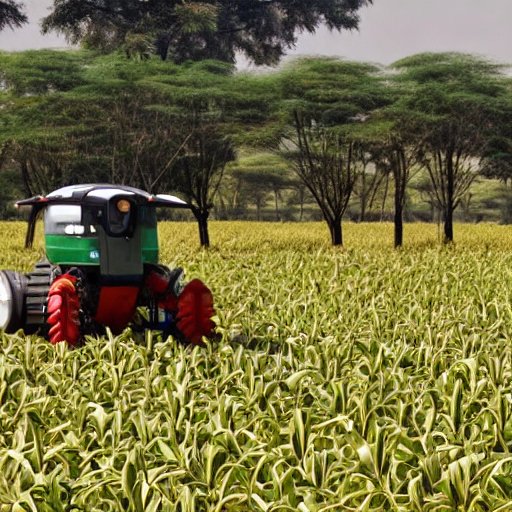
Goodbye manual labor, hello robots: The future of agriculture in Africa
Date: Jan 08, 2023Agricultural robotics has the potential to transform farming in Africa, where the agriculture sector is a vital part of the economy and employs over 60% of the population. Despite its importance, traditional farming methods often face challenges such as low productivity, limited access to modern equipment and technology, and vulnerability to climate change. Agricultural robotics has the potential to address these challenges and make farming a more sustainable, efficient, and profitable industry. In this blog post, we will explore the potential of agricultural robotics to shape the future of farming in Africa, including the benefits it can bring, the successes that have been achieved so far, and the challenges and opportunities that lie ahead
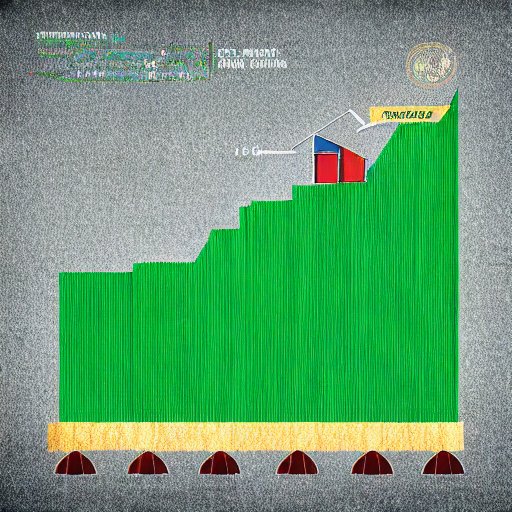
Agricultural productivity and Africa's prosperity
Date: Sept 20, 2022Agricultural productivity in Africa is crucial for the prosperity of the region. Despite being home to some of the world’s most fertile lands, Africa’s agriculture sector is underperforming. This is due in part to a lack of investment in modern technology and infrastructure, as well as a reliance on manual labor rather than mechanization.

Poverty in Africa: The leaky bucket
Date: Sept 3, 2022Poverty is often thought of as a lack of resources, and it is true that those living in poverty often struggle to access the necessities of life such as food, shelter, and education. However, poverty is more complex than just a lack of resources. In fact, Africa is a continent with abundant natural resources, yet it remains the poorest region in the world. Traditional approaches to poverty eradication, such as charity efforts, have proven to be insufficient and only serve to temporarily alleviate the problem. Instead, it is important to address the root causes of poverty and create sustainable solutions. It is like trying to fill a bucket with a hole in the bottom - no matter how much is poured in, it will continue to leak out unless the hole is fixed.
